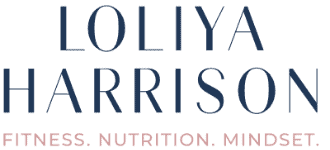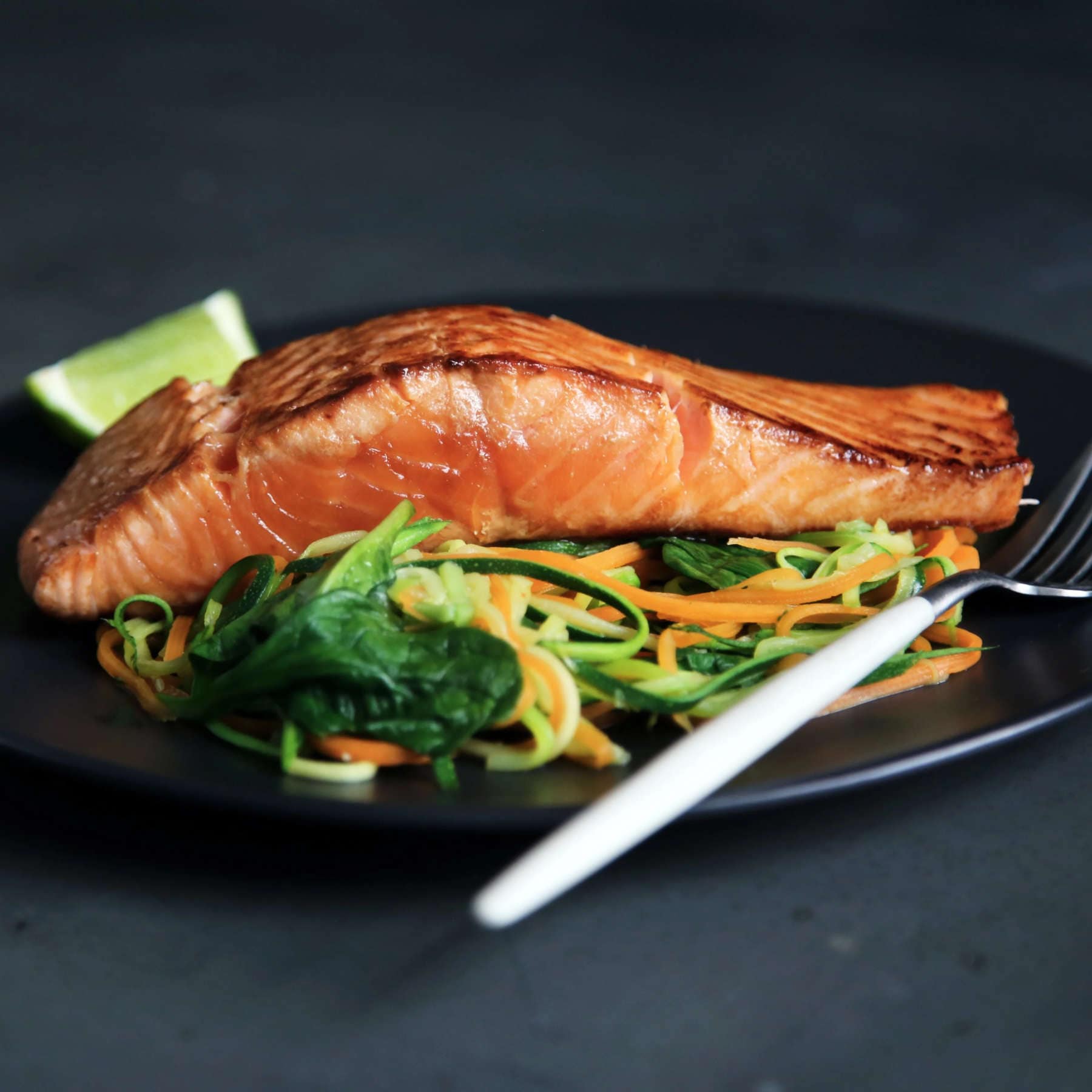Have you ever been in a room full of people and still felt lonely? Do you sometimes feel lonely even when you have a loving family and friends?
Maybe menopausal symptoms (fatigue, sudden weight gain, vaginal dryness, lack of sleep, hot flashes, mood swings) mean that you cut yourself off from friends and family as you worry they might get fed up with you?
Or perhaps you are too busy juggling work and home life and feel you have no time to see friends or to enjoy family life?
If the word ‘lonely’ seems to resonate with you, I’d encourage you to take some time to explore what loneliness actually consists of.
I recently attended a workshop on loneliness. It was run by Joanna Martin, the founder of One Of Many, the organisation where I trained to be a life coach. I found I really resonated with what she had to say. Here’s some of what Jo helped me to unpack:
Jo started by attempting to define loneliness. At its root, loneliness is a lack of intimacy. And intimacy is all about connecting with people. We feel connected when we are seen, heard, and acknowledged by another. So conversely, loneliness consists of the absence of feeling seen, heard or acknowledged. This ‘landed’ big time for me – a feeling of something being made explicit that I already knew in my gut.

What are the different types of intimacy?
For Jo, there are different types of intimacy and the lack of just one of these in our life can lead to a sense of loneliness.
Sexual – often what people think of first when they hear the word intimacy.
Emotional – sharing your innermost feelings with someone: be it joy, excitement, anger, shame, grief.
Physical – the physical contact you get from the sharing of physical space with others. This might be hugging, massage, or some sports like football, hockey.
Spiritual – talk about shared beliefs, meditating with others, yoga, belonging to a church.
Intellectual – sharing the love of ideas (politics, book clubs, feminism, nature etc)
Recreational – the love and joy of sharing an activity with others, eg a dance class, gym classes, meeting friends in a bar or cafe, walking, etc.
Aesthetic – sharing art or beauty with someone else.
How do you manage the feeling of loneliness, even when you have friends and family around you?
First try to use the above list to work our what you are missing . This will help you to see where the sense of loneliness is coming from. For example if you are in a relationship, think about what you are still hungry for. It is unrealistic to expect one person to satisfy all the different types of intimacy.
Then ask yourself what you yourself are responsible for? What is it that you avoid risking emotionally, sexually or intellectually? It’s very easy to blame others – we all do this. Avoid blame. It’s never constructive here.
See what aspects of intimacy you do have in your life, recognise these with gratitude and utilise them more. If you have let them slip, find a way to rekindle them – you may find a new hobby, join a class, generally do something that feels outside your comfort zone that you have always secretly wanted to do.
Which aspects of intimacy feel most important to you? How can you make more use of the people around you and your wider community to fulfil some of the intimacy you’re missing in your life?
My three questions :
- Where are you feeling lonely in your life?
- What intimacy types feel missing?
- What’s the one small thing you can do today to try and restore some intimacy in your life?
I’d love to hear your take on this, so please share it. Or if you know anyone who might be interested in reading this, again please share.



0 Comments